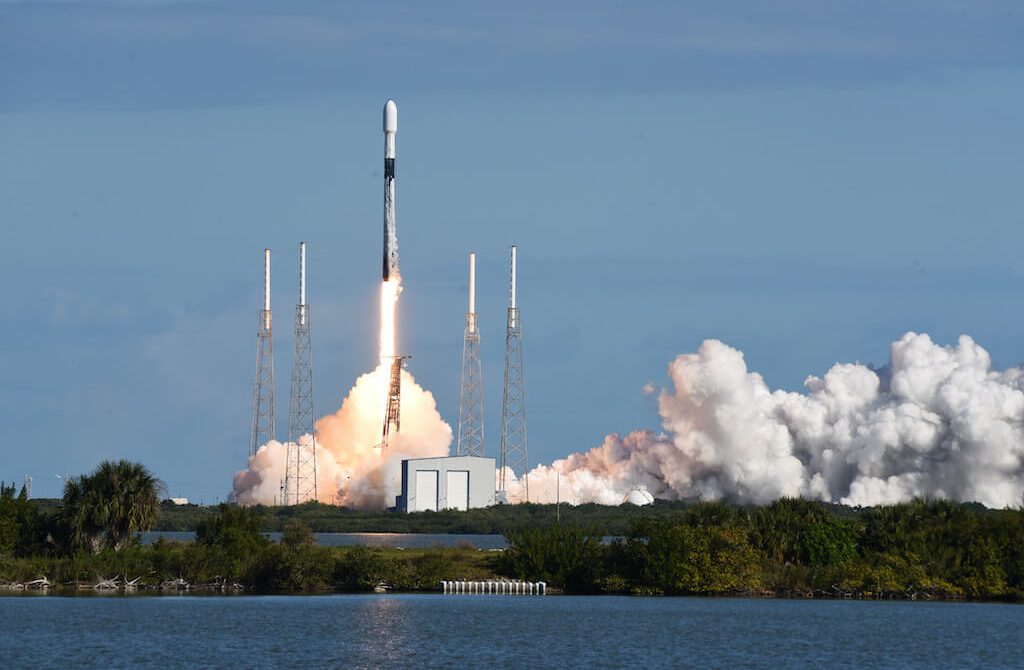The United States’ unilateral moment is long gone, and the previously indisputable superpower is being confronted with new rising powers that are challenging its supremacy. For several years now, a new silent but intense rivalry has been dominating the international system: the rivalry between the U.S. and China. As the need for influence, rather than land, drives this competition, these two great powers have been vying in different areas, including technology, economy, and military.
However, both the U.S. and China are also pursuing ambitious but less visible policies in another domain: space. Space competition is considered to have a crucial impact on the U.S.-China rivalry as space has become a vital geopolitical determinant in international politics.
Controlling space could have a direct impact on national securities since space can provide important advantages in terms of economy, politics, and military. Indeed, this was the main driver of the first space race during the Cold War, between the U.S. and the Soviet Union. With the collapse of the latter, the race was put on hold and the competition regained impetus several years later. However, what sets apart and makes the ongoing space race more complicated when compared to the previous one is the expanding number of actors, including both state and non-state ones.
Read more on Politics Today: The US-China Rivalry over Space and Small Satellites Reaches New Levels



